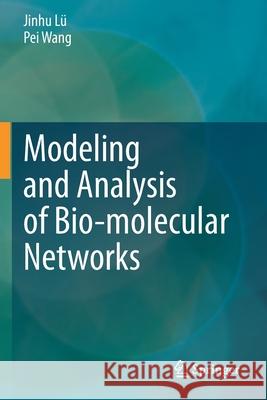Modeling and Analysis of Bio-Molecular Networks » książka
topmenu
Modeling and Analysis of Bio-Molecular Networks
ISBN-13: 9789811591464 / Angielski / Miękka / 2021 / 488 str.
Modeling and Analysis of Bio-Molecular Networks
ISBN-13: 9789811591464 / Angielski / Miękka / 2021 / 488 str.
cena 724,58
(netto: 690,08 VAT: 5%)
Najniższa cena z 30 dni: 693,97
(netto: 690,08 VAT: 5%)
Najniższa cena z 30 dni: 693,97
Termin realizacji zamówienia:
ok. 16-18 dni roboczych.
ok. 16-18 dni roboczych.
Darmowa dostawa!
Kategorie:
Kategorie BISAC:
Wydawca:
Springer
Język:
Angielski
ISBN-13:
9789811591464
Rok wydania:
2021
Ilość stron:
488
Waga:
0.67 kg
Wymiary:
23.39 x 15.6 x 2.49
Oprawa:
Miękka
Wolumenów:
01
Dodatkowe informacje:
Wydanie ilustrowane











